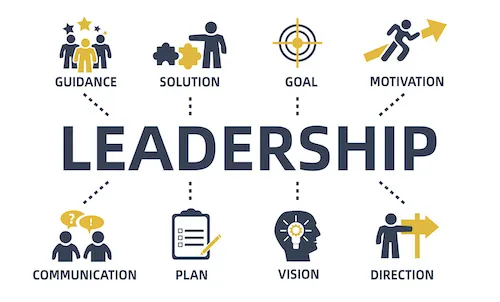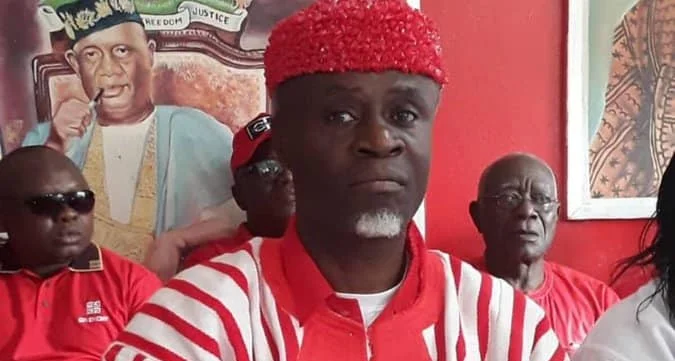Confronted with enduring political instability, economic challenges, and social disparities, the call for transformative leadership has never been more pressing. To navigate these complexities and chart a course towards sustainable development, Sierra Leone must embrace visionary leaders committed to unity, progress, and equitable growth.
A Historical Perspective: Political Dynamics and Challenges
Since gaining independence in 1961, Sierra Leone’s political landscape has been marked by alternating periods of stability and turmoil. The dominance of two major political parties—the Sierra Leone People’s Party (SLPP) and the All People’s Congress (APC)—has often led to intense rivalries, sometimes at the expense of national cohesion. Ethnic, regional, and socioeconomic factors have further complicated political alliances and voter preferences, influencing governance and policy decisions.
The devastating civil war that ended in 2002 left an indelible mark on the nation’s political and social fabric. Post-war recovery efforts have been hindered by recurrent challenges, including polarized politics and governance issues, which continue to impede progress.
Socio-Economic Realities: Striving for Development Amidst Adversity
Sierra Leone’s economy, heavily reliant on subsistence agriculture and the extraction of natural resources such as diamonds, gold, and bauxite, remains vulnerable to both internal and external shocks. Despite periods of economic growth, the nation grapples with high levels of poverty, particularly in rural areas, where inadequate access to quality education and healthcare services persist.
Food insecurity is a pressing concern, with approximately 83percent of the population affected by soaring rice prices. The country’s dependence on rice imports, accounting for 35 percent of its consumption and costing around $200 million annually, underscores the need for investment in local agricultural production to achieve self-sufficiency.
Cultural Resilience: A Beacon of Hope
Amidst such challenges, Sierra Leone’s rich cultural heritage serves as a source of strength and unity. The nation’s diverse traditions, music, dance, and culinary practices foster a sense of identity and community. Religious harmony further exemplifies the country’s commitment to unity amidst diversity, providing a solid foundation upon which to build a more inclusive and prosperous society.
The Imperative for Transformative Leadership
As Sierra Leone stands at this crossroads, the demand for leaders who embody integrity, vision, and inclusivity intensifies. Transformative leadership is essential to address systemic issues, promote transparent governance, and implement policies that prioritize the well-being of all citizens. Such leadership must transcend traditional political dynamics, focusing instead on fostering national unity and sustainable development.
Bridging Divides: Promoting National Cohesion
Ethnic and regional divisions have historically posed significant challenges to Sierra Leone’s unity. Leaders must actively work to bridge these divides by promoting inclusivity and ensuring that governance reflects the diverse tapestry of the nation’s populace. Embracing diversity as a strength will be crucial in building a cohesive society where every citizen feels valued and represented.
Harnessing Youth Potential: Catalysts for Change
With a youthful population brimming with energy and innovation, Sierra Leone has a unique opportunity to drive progress through the empowerment of its young people. Investing in education, vocational training, and entrepreneurship will equip the youth with the skills necessary to contribute meaningfully to the nation’s development. Creating platforms for young voices in policy-making processes will also ensure that governance is reflective of the aspirations and needs of the next generation.
Economic Revitalization: Pathways to Sustainable Growth
Achieving economic stability requires a multifaceted approach that includes diversifying the economy, investing in infrastructure, and promoting local industries. Enhancing agricultural productivity, particularly in staple crops like rice, will reduce import dependence and improve food security. Additionally, fostering a conducive environment for both local and foreign investment can stimulate job creation and drive economic growth.
Strengthening Institutions: Foundations for Good Governance
Robust institutions are the bedrock of democratic governance and sustainable development. Strengthening the judiciary, enhancing the effectiveness of the legislative branch, and ensuring the independence of oversight bodies will promote accountability and transparency. Implementing comprehensive electoral reforms will also bolster public confidence in the democratic process and reduce the likelihood of electoral malpractice.
Sierra Leone stands at a defining moment, with the potential to reshape its trajectory towards a future marked by prosperity, unity, and equitable development. Realizing such a vision necessitates the emergence of transformative leaders dedicated to the principles of integrity, inclusivity, and sustainable progress. It is incumbent upon both leaders and citizens to actively engage in the democratic process, champion reforms, and work collaboratively to build a nation that fulfils the aspirations of all Sierra Leoneans.
The journey ahead is undoubtedly challenging, but with collective resolve and visionary leadership, Sierra Leone can navigate its complexities and emerge stronger, more united, and poised for a brighter future.













